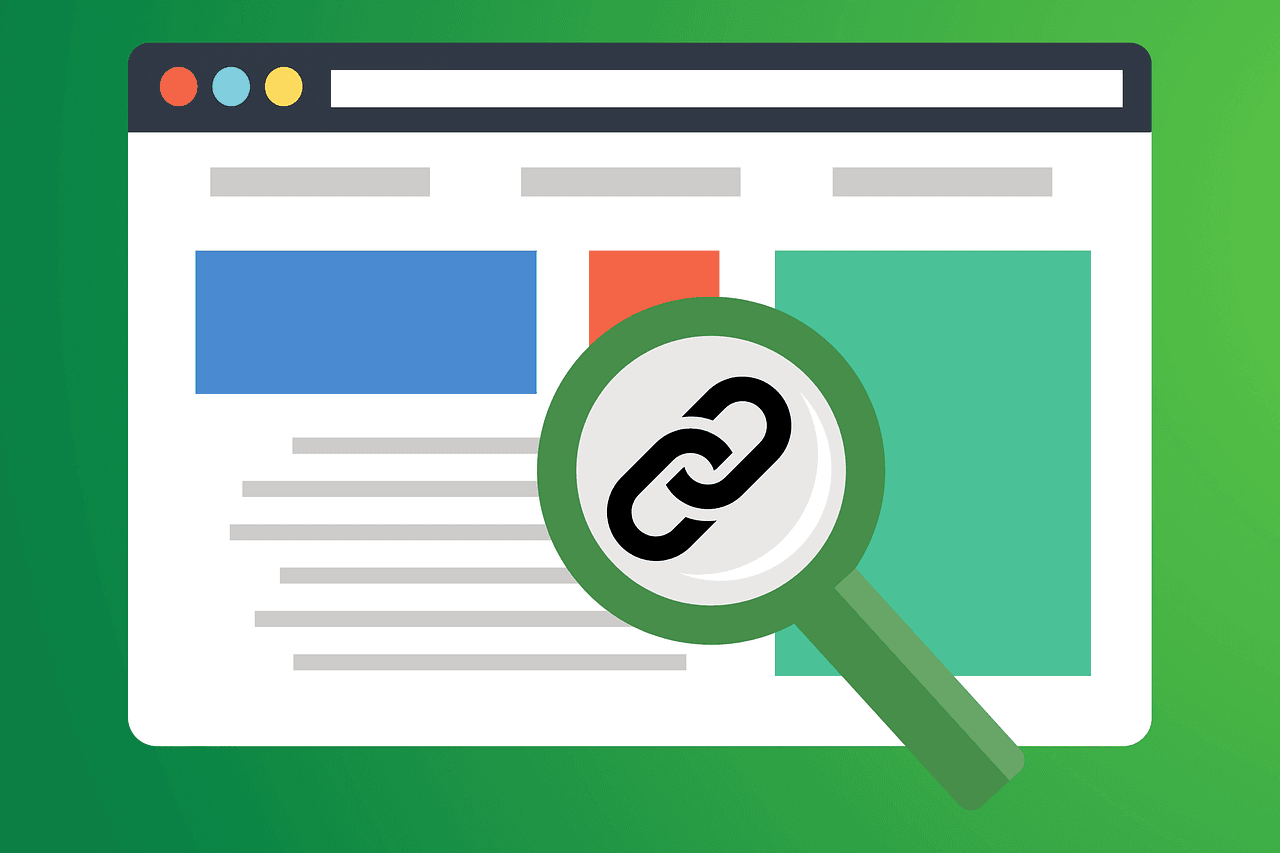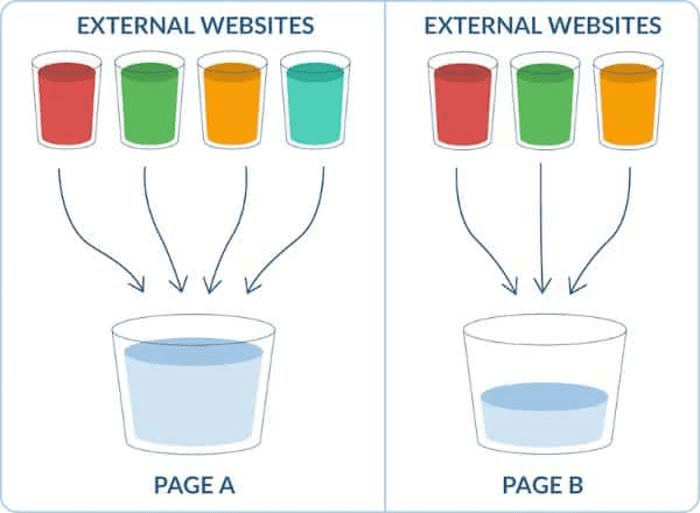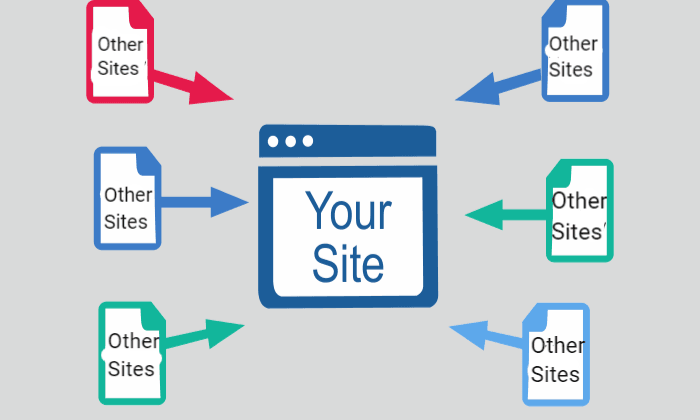Search engines use algorithms to evaluate web pages and deliver the most relevant results to users. By understanding SEO algorithms, you can align your content for better rankings and traffic. At Keyword Metrics, we’re here to explore this topic in depth.
What is an SEO Algorithm?
An SEO algorithm is a system of rules and processes used by search engines, such as Google, Bing, and Yahoo, to evaluate and rank web pages in search results. These algorithms analyze various factors to determine the relevance, quality, and authority of a webpage in response to a user’s query.

How SEO Algorithms Work
Search engine algorithms are complex systems that analyze billions of web pages to provide users with the most relevant results for their queries.
Key Components of SEO Algorithms:
- Crawling and Indexing: Algorithms direct search engines to discover new pages (crawling) and store their information in an index for retrieval.
- Ranking Factors: Algorithms consider various ranking factors, such as:
- Keywords: Matching user queries with content.
- Backlinks: Assessing the credibility of pages through links from other sites.
- User Engagement: Measuring bounce rates, dwell time, and click-through rates.
- Updates and Changes: Algorithms are regularly updated to improve results. Notable examples include Google's Helpful Content Update, Penguin, and Hummingbird updates, which targeted content quality, link spam, and semantic search, respectively.
Example: If a user searches for "best running shoes," the algorithm analyzes content quality, keyword placement, and website authority to display the most relevant pages.
Importance of Algorithms in SEO
Algorithms play a critical role in SEO by directly influencing how visible your website is in search results.
Why They Matter:
- Content Ranking: Understanding algorithms helps you create content that aligns with search engine requirements, improving rankings.
- Fair Competition: Algorithms ensure users get the best answers to their queries, allowing smaller sites with quality content to compete with established brands.
- User Experience: Modern algorithms prioritize mobile-friendly designs, page load speeds, and engaging content, encouraging businesses to optimize these aspects.
Tools for Understanding and Aligning with SEO Algorithms
Using the right tools can help you analyze and optimize your website for SEO algorithms:
- Keyword Metrics: Our Keyword Metrics tool simplifies the process of content auditing and keyword optimization, making it an excellent choice for aligning with SEO algorithms.
- Google Search Console: Provides insights into how your website performs in Google Search, including search queries, clicks, and impressions.
- Ahrefs: Helps monitor backlinks, keyword rankings, and content gaps to align with algorithm priorities.
- SEMrush: A comprehensive tool for keyword research, competitor analysis, and site audits.
- PageSpeed Insights: Analyze your site's loading speed and mobile-friendliness—two critical factors for modern algorithms.
Pro Tips to Align with SEO Algorithms Effectively
1. Stay Updated on Algorithm Changes
Search engines frequently update their algorithms. Staying informed helps you adjust your strategy to maintain or improve rankings.
Tip: Follow trusted sources like Google Search Central Blog for updates.
2. Focus on Content Quality
Algorithms reward pages with original, informative, and engaging content.
- Use relevant keywords naturally.
- Write for users, not search engines.
- Regularly update old content to keep it fresh.
3. Build High-Quality Backlinks
Backlinks remain a key ranking factor. Prioritize links from authoritative, relevant sites.
4. Optimize for User Experience
Make your site fast, mobile-friendly, and easy to navigate. Algorithms favor pages that deliver seamless user experiences.
Practical Applications of SEO Algorithms
- E-Commerce Sites: Algorithms determine product page rankings, emphasizing detailed descriptions and positive user reviews.
- Local Businesses: Google’s Local Search Algorithm prioritizes proximity, reviews, and business information for location-based queries.
- Content Marketing: Algorithms like Google’s Helpful Content Update encourage brands to produce user-focused, non-clickbait articles.
FAQs About Algorithms in SEO
Q. What happens if I ignore algorithm updates?
A. Your website may lose rankings as competitors adapt to changes.
Q. Are all search engines using the same algorithm?
A. No, each search engine has its unique system. However, core principles like relevance and quality are universal.
Q. Can I "beat" the algorithm?
A. Instead of trying to beat it, focus on aligning your strategies with its goals—offering quality, relevant content to users.
Related Glossary Terms to Explore
- Backlinks: Learn how backlinks influence your website’s authority.
- Keyword Research: Discover how to select keywords that align with algorithm priorities.
- Bounce Rate: Understand why reducing bounce rate improves rankings.
- Google Algorithm: Explore the updates and mechanisms behind Google’s search ranking processes.


